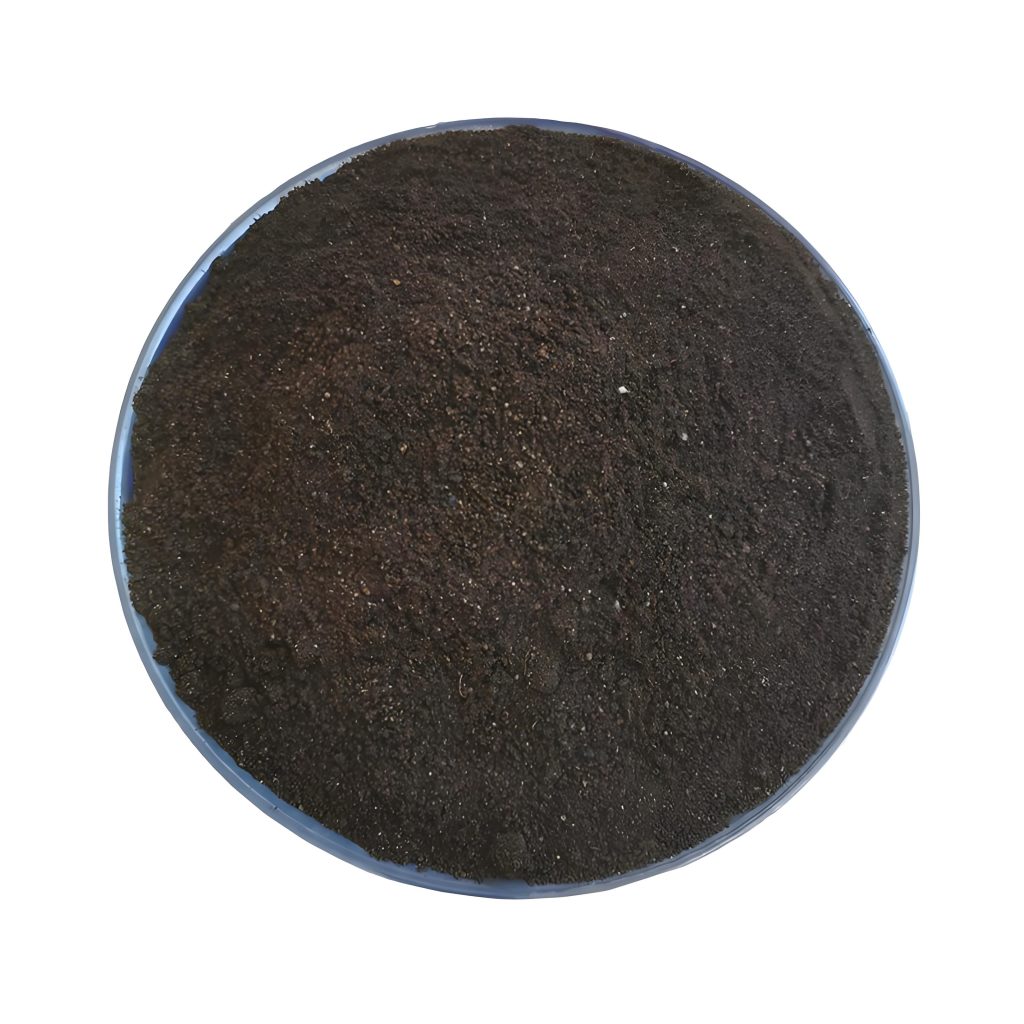In modern agricultural production, high-quality organic fertilizer is a key factor in improving soil structure, increasing soil fertility, and increasing crop yields. Powdered organic fertilizers are widely used due to their ease of transportation and application.


1. Raw material selection
The first step in making powdered organic fertilizers is to select suitable organic raw materials. Common types include animal manure such as cow manure and chicken manure, crop residues such as straw and soybean cakes, and horticultural waste such as fallen leaves and pruning. These raw materials are rich in organic matter and nutrients, making them an excellent foundation for preparing organic fertilizers.
2. Fermentation treatment
The selected raw materials will undergo two-stage fermentation treatment, which is the core process of converting organic matter into fertilizer components.
Primary fermentation: Stack the raw materials into a large pile and maintain a suitable humidity of 40% -60% and an optimal temperature of about 60 ° C. At this stage, microbial activity in the raw materials accelerates and rapidly decomposes organic matter.
Secondary fermentation: also known as the maturation process, is the process of stacking materials again after primary fermentation, allowing them to continue decomposing at lower temperatures to stabilize and further degrade organic matter, preparing for subsequent steps.
3. Crushing and refining
The fermented material needs to be refined through a grinder to process it into finer particles. This step aims to make the finished organic fertilizer easier for rapid soil decomposition and nutrient release, while facilitating subsequent drying and packaging processes.
4. Drying treatment
The refined powdered organic fertilizer contains a certain amount of moisture, and in order to improve storage stability and facilitate transportation, it needs to be dried by a dryer. Drying can be done through natural air drying or mechanical drying, with a target moisture content typically below 10%.
5. Screening and packaging
After drying, the powdered organic fertilizer is sieved to remove large impurities that have not been completely refined, ensuring consistent product quality. Then, according to the demand, the powdered organic fertilizer is quantitatively packaged, and common packaging methods include woven bags, paper bags, etc.
Advanced Processing and Quality Control
Nutritional allocation: Depending on crop needs and soil conditions, it may be necessary to enhance the nutrition of organic fertilizers by adding a certain proportion of nutrients such as nitrogen, phosphorus, and potassium to provide a more comprehensive fertilizer effect.
Quality testing: Strict quality testing is required throughout the entire production process, especially before packaging, including nutrient analysis, heavy metal content testing, pathogen testing, etc., to ensure product safety and effectiveness.
Environmental protection and sustainability considerations
In the process of producing powdered organic fertilizers, attention should also be paid to their impact on the environment. For example, there may be odors generated during the fermentation process, and measures need to be taken to control them; Meanwhile, the rational utilization of agricultural and horticultural waste as raw materials can help reduce the burden of waste on the environment and achieve resource recycling.
summary
The production process of powdered organic fertilizer involves multiple steps, each of which has a decisive impact on the quality of the final product. From the selection of raw materials to fermentation, to crushing, drying, and packaging, as well as advanced nutrient blending and quality control, every step requires precise control to ensure the production of high-quality organic fertilizers. In line with the environmental protection concept of modern agricultural production, such organic fertilizers can not only effectively promote crop growth and improve the overall efficiency of agricultural production, but also achieve sustainable utilization of resources.
If you have any further inquiries, please feel free to consult our company at any time.